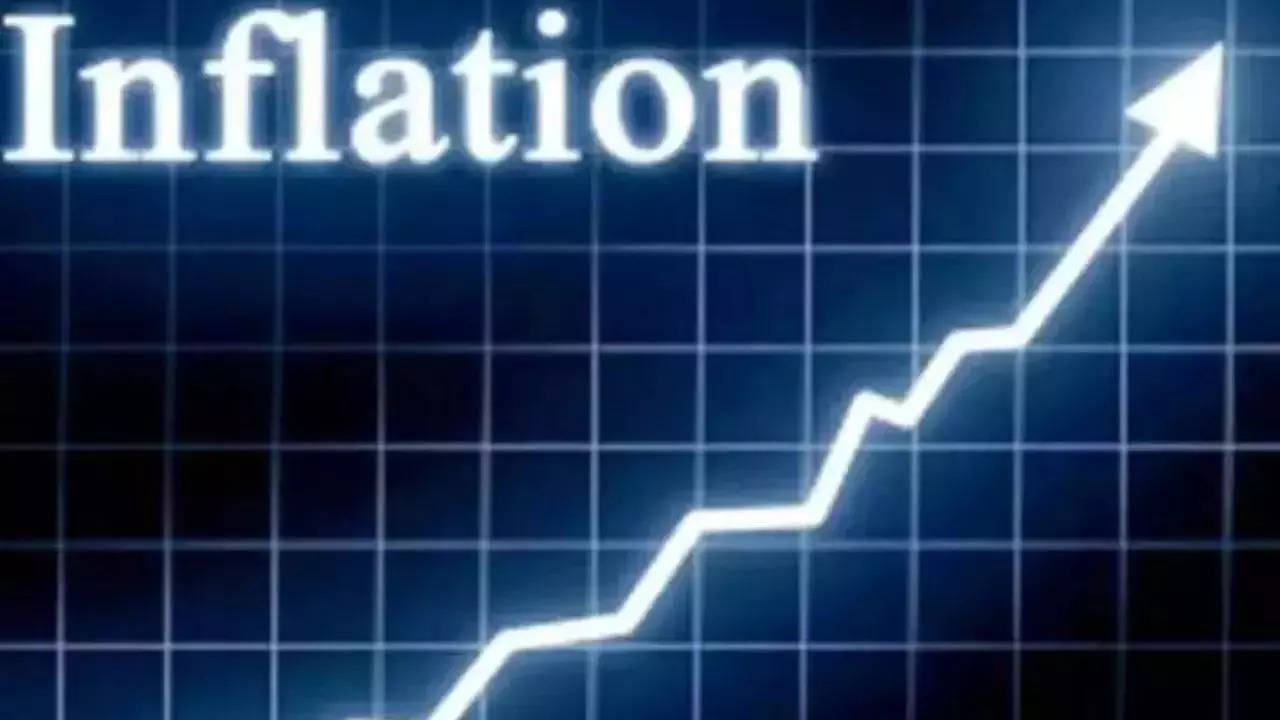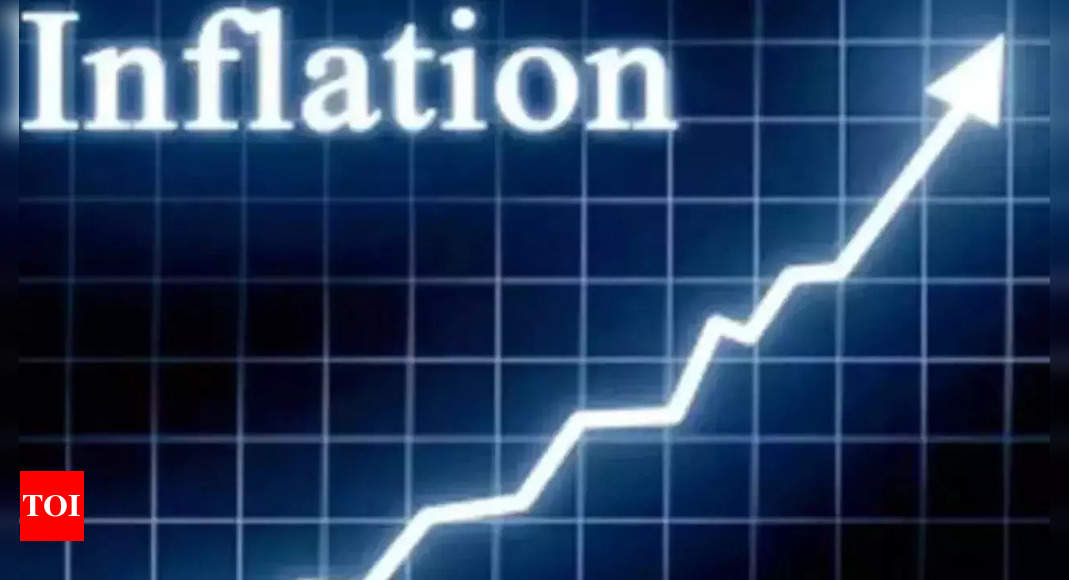
JAKARTA: Indonesia’s annual inflation rate accelerated more than expected in March to 3.05%, the quickest since August 2023, amid rising demand during the fasting month of Ramadan, data from the statistics bureau showed on Monday.
A Reuters poll of economists had expected an inflation rate of 2.91% in March. The February annual inflation rate was 2.75%.
The rate remained within the central bank’s 2024 target range of 1.5% to 3.5%. Bank Indonesia has said inflation would likely stay within that range throughout the year.
The statistics bureau said price pressures were reflective of stronger demand during Ramadan, which started on March 12 and is celebrated by Indonesia’s more than 200 million Muslims.
Volatile food prices rose 10.33% on a yearly basis in March, faster than February’s 8.47%, with commodities such as rice, meat and chicken contributing the most.
The core inflation rate was 1.77%, compared with the 1.70% predicted by economists in the poll and the February’s annual rate of 1.68%.
The statistics bureau noted that despite March rice harvests adding to domestic stocks, retail prices of the staple remained high at about 20% more than the average price in March 2023.
The inflation data, which followed a report that the February trade surplus came in at the smallest in nine months, may strengthen the central bank’s decision to keep interest rates unchanged for the next few months, analysts said.
Bank Indonesia (BI) policymakers have said they see room to cut rates in the second half of 2024.
“Simmering domestic inflation, a narrowing trade surplus and considerable uncertainty regarding the direction of global interest rates will keep the BI from a pre-emptive dovish pivot,” said Radhika Rao, an economist at DBS in Singapore.
Irman Faiz, an economist at Indonesia’s Bank Danamon, who also expects the BI to keep rates unchanged for sometime, said the rise in headline inflation was temporary and a slowdown is expected in April because of the upcoming harvests.
A Reuters poll of economists had expected an inflation rate of 2.91% in March. The February annual inflation rate was 2.75%.
The rate remained within the central bank’s 2024 target range of 1.5% to 3.5%. Bank Indonesia has said inflation would likely stay within that range throughout the year.
The statistics bureau said price pressures were reflective of stronger demand during Ramadan, which started on March 12 and is celebrated by Indonesia’s more than 200 million Muslims.
Volatile food prices rose 10.33% on a yearly basis in March, faster than February’s 8.47%, with commodities such as rice, meat and chicken contributing the most.
The core inflation rate was 1.77%, compared with the 1.70% predicted by economists in the poll and the February’s annual rate of 1.68%.
The statistics bureau noted that despite March rice harvests adding to domestic stocks, retail prices of the staple remained high at about 20% more than the average price in March 2023.
The inflation data, which followed a report that the February trade surplus came in at the smallest in nine months, may strengthen the central bank’s decision to keep interest rates unchanged for the next few months, analysts said.
Bank Indonesia (BI) policymakers have said they see room to cut rates in the second half of 2024.
“Simmering domestic inflation, a narrowing trade surplus and considerable uncertainty regarding the direction of global interest rates will keep the BI from a pre-emptive dovish pivot,” said Radhika Rao, an economist at DBS in Singapore.
Irman Faiz, an economist at Indonesia’s Bank Danamon, who also expects the BI to keep rates unchanged for sometime, said the rise in headline inflation was temporary and a slowdown is expected in April because of the upcoming harvests.
Source link

